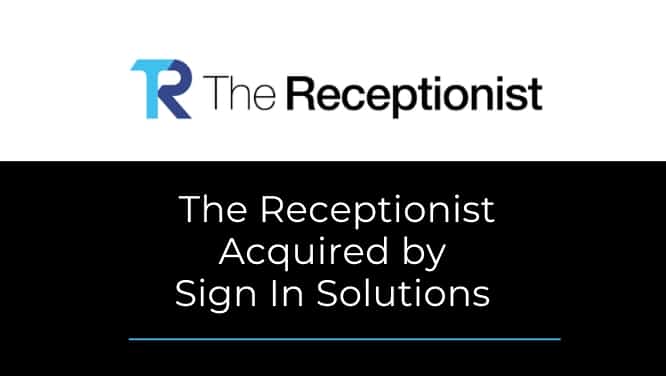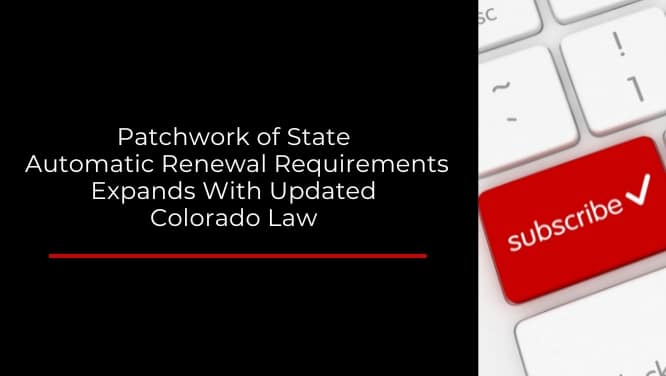As Colorado looks to further limit non-competes, what does that mean for employers?

- Brad L. Schoenfeld
- |
- June 27, 2022
In March, when the Colorado General Assembly added a key provision to Colorado’s non-compete statute that put those knowingly out of compliance at risk of criminal charges and fines, it created a buzz among business leaders and employment law experts. Now, a new bill (HB 22-1317) passed by the Colorado Senate in May and signed into law by the Governor on June 8, 2022, will significantly limit enforceability of any non-compete agreements beginning on August 10, 2022.
While the earlier changes only addressed the penalties and potential enforcement, the new law will shift the criteria for legal non-competes. Here we address the changes that will go into effect on August 10, 2022 for employers with employees working or living in Colorado.
What are the new changes?
The shift would significantly limit the use of all restrictive covenants in the state, including non-competes, non-solicitation agreements and similar variations, by further limiting the already strict circumstances under which restrictive covenants may be used. The bill would also make it more difficult to enforce permitted agreements. The changes would virtually end the use of most non-competes in Colorado and empower workers and the Attorney General to enforce penalties for violators.
Under the amended law, the sole exceptions permitted would be:
- Those accompanying the sale of a business
- Those involving “highly compensated employees” (HCEs, defined in 2022 as those earning at least $101,250 per year), but only when the restrictive covenant was designed to protect trade secrets
- Restrictive covenants for the non-solicitation of customers signed by workers earning at least 60% of the HCE threshold
- Confidentiality agreements and training cost recovery agreements within certain parameters
In addition to the adjusted criteria, strict notice requirements would also be in place. This means that employers would be required to provide the employee with separate, written notice of the non-compete that needs to be signed by the employee with varying timelines for prospective and current workers. All non-competes, even enforceable, permitted agreements, would be considered void and subject to financial penalties if the proper notice is not provided to the employee.
What does this mean for Colorado employers?
On the effective date, all new non-compete agreements that do not fall within the new exceptions will be invalid for employees working or living in Colorado. The law would also restrict forum selection and choice of law clauses. A restrictive covenant agreement cannot require adjudication outside of Colorado. A choice-of-law provision designating anything other than Colorado law would also be unenforceable for employees that primarily lived and worked in Colorado at the time of termination of employment. This change is certainly worth noting for employers looking to renew existing agreements after the effective date, but employers may also need to assess the enforceability of existing restrictive covenants choosing law and venue outside of Colorado for Colorado employees.
Employers who enter into, attempt or present an employee or prospective employee with any non-compete that is void under the statue could be subject to damages, including a $5,000 penalty per employee or prospective employee. In addition to voided agreements, penalties could add up quickly depending on the size of your business.
If you’re not sure if your company is in compliance, then it’s time to reassess. Work with your legal counsel to review your current employment documentation to identify appropriate and inappropriate uses for non-competes and which non-competes would be voided by the new law. Engage your counsel to create new agreements where necessary and make amendments to old ones. Now is also the time to evaluate your company’s notification procedures and practices for enforcing your existing agreements or creating new legal agreements.
If you have questions about your employment agreements, contact your KO attorney for more information.
Brad Schoenfeld is a partner in the Denver office of KO. Brad specializes in structuring, drafting, and negotiating complex contracts related to manufacturing and supply, product sales and distribution, research and development, technology licenses and transfers, clinical trials, reseller and distributor relationships, consulting and professional services, HR/employment, procurement, outsourcing, hosting, e-commerce, and partnering.




